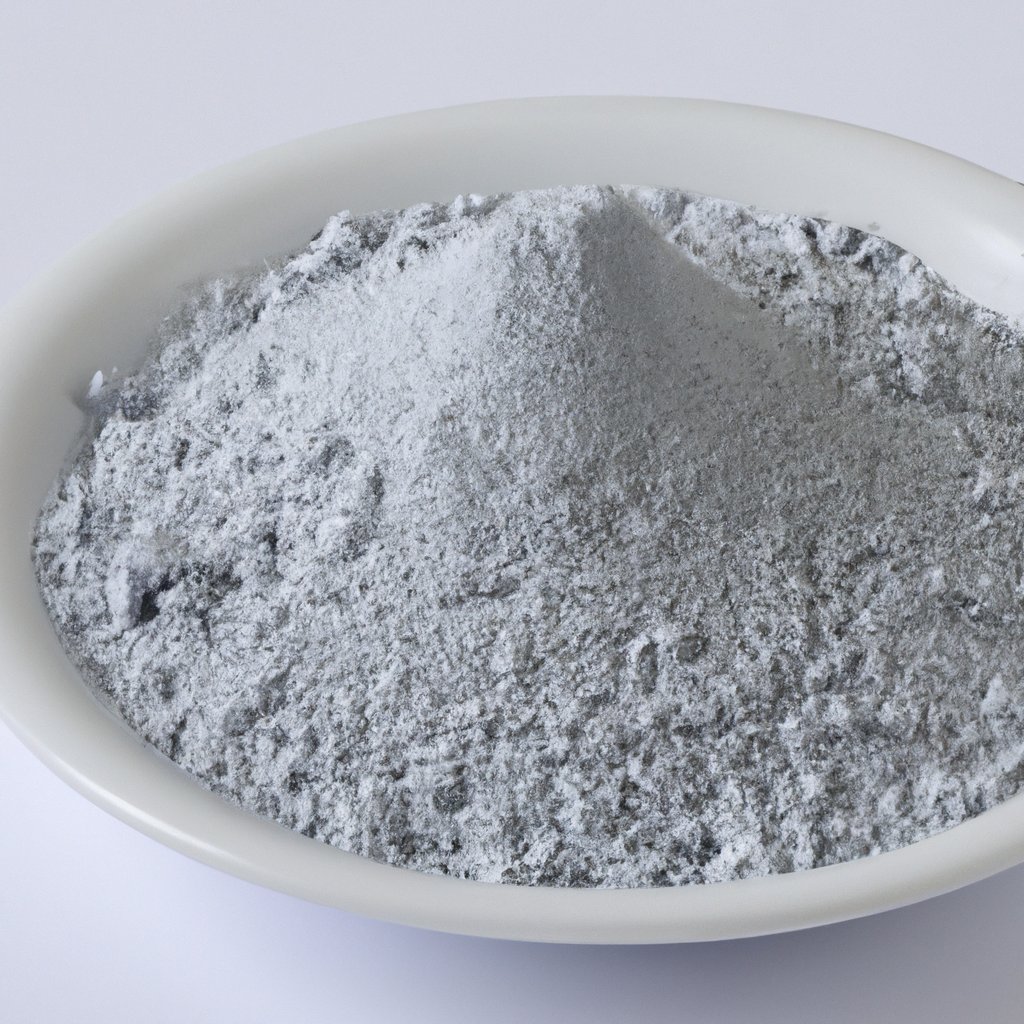Potassium is a vital mineral that performs various important functions in the human body. It is an electrolyte responsible for fluid balance and regulation of acid-base balance in the body. Sufficient potassium is also essential for the functioning of nerves and muscles, including the heart muscle.
Potassium: Recognizing and avoiding deficiency symptoms
A lack of potassium in the body can lead to muscle weakness, constipation, fatigue and irregular heartbeat. People who take certain medications or suffer from certain diseases, such as kidney disease, may be at higher risk of potassium deficiency.
In a healthy diet, it is important to get enough potassium. A balanced diet with plenty of fruits and vegetables, whole grains and low-fat dairy products is rich in potassium. Bananas, oranges, potatoes, tomatoes, spinach and beans are particularly good sources of potassium.
Natural sources of potassium and tips for a balanced diet
Natural sources of potassium
- Bananas: A medium-sized banana contains about 400-450 mg of potassium.
- Avocado: Half an avocado contains about 500-600 mg of potassium.
- Spinach: One cup of raw spinach contains about 160-170 mg of potassium.
- Potatoes: A medium-sized potato contains about 600-700 mg of potassium.
- Lentils: One cup of cooked lentils contains about 730-750 mg of potassium.
- Oranges: A medium-sized orange contains about 240-250 mg of potassium.
Tips for a balanced diet with sufficient potassium
- Variety on the plate
A balanced diet with a variety of foods can help get enough potassium. Various fruits and vegetables, whole grains, legumes, nuts and seeds are good sources of potassium. - Daily intake
The recommended daily intake of potassium for adults is about 4,000 mg per day, according to DGE estimates . It is important to regularly include foods high in potassium in your diet to ensure adequate potassium intake. - Less processed foods
Processed foods such as chips, fast food, and convenience foods often have a high sodium content, which can inhibit potassium absorption in the body. It is recommended to limit the consumption of these foods and instead prefer fresh, natural foods. - Cooking methods
Certain cooking methods can help increase potassium intake from foods. Steaming, frying, or baking vegetables or potatoes can help maintain potassium levels. - Combination with other nutrients
Combining potassium with other nutrients can help the body absorb it better. For example, combining potassium from bananas with magnesium from nuts can help the body absorb both nutrients more effectively.
Consuming a variety of natural foods is the best guarantee to get enough potassium. It is recommended to limit the consumption of processed foods, pay attention to cooking methods and combine potassium with other nutrients to maximize absorption in the body.
Interesting facts about potassium
Most people get enough potassium through their diet. However, too much potassium in the body can also cause problems, especially in people with kidney problems or when taking certain medications. Therefore, it is important to pay attention to a balanced diet and, if necessary, talk to a doctor to make sure that you are taking in enough, but not too much, potassium.
Frequently asked questions about potassium in the diet
Can potassium deficiency increase the risk of cardiovascular disease?
Yes, a potassium deficiency can increase the risk of cardiovascular disease. Potassium is important for regulating blood pressure and the heart muscle. A lack of potassium can lead to high blood pressure and other heart conditions.
Are there any foods that can inhibit the absorption of potassium in the body?
Yes, some foods can inhibit the absorption of potassium in the body, such as sweets, soft drinks, and alcoholic beverages. Foods high in sodium can also interfere with potassium absorption. It is recommended to limit the intake of these foods to maximize potassium absorption in the body.
Can an overdose of potassium be dangerous?
Yes, an overdose of potassium can be dangerous. Too much potassium intake in the body can lead to hyperkalemia, which can lead to cardiac arrhythmias and even cardiac arrest. However, this is rare and usually only occurs when taking large amounts of potassium supplements.
It is recommended to get potassium from natural sources and adhere to the recommended daily doses to minimize the risk of overdose.
